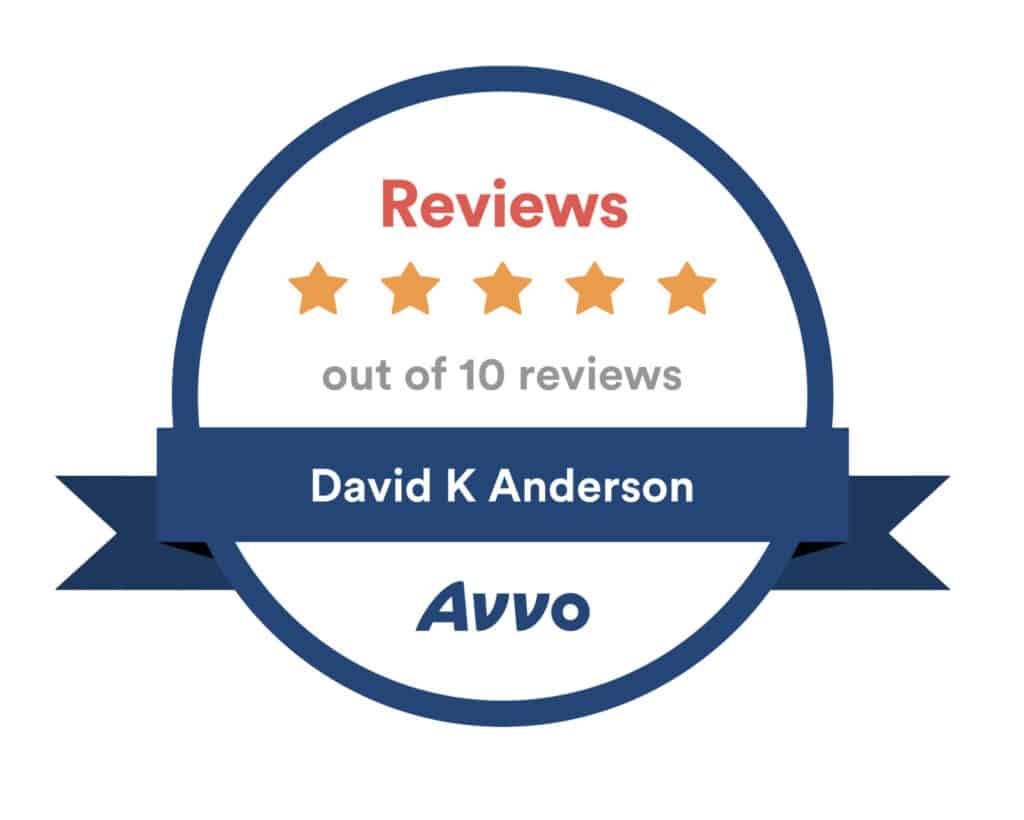Prohibited Alcohol Concentration in Wisconsin
- Our Location
Madison, WI
- Free Consultations
(608) 204-5807
Top-Rated Drunk Driving Defense
Understanding PAC Charges Under Wisconsin Law
Under Wisconsin Statute § 340.01(46m), a Prohibited Alcohol Concentration (PAC) charge arises when a driver operates a motor vehicle with a blood alcohol concentration (BAC) at or above the legal limit. This limit varies depending on a driver’s prior history:
• BAC of .08 or higher for drivers with two or fewer prior OWI-related convictions, suspensions, or revocations.
• BAC over .02 for drivers with three or more prior offenses, or those subject to an Ignition Interlock Device (IID) order under Wis. Stat. § 343.301.
This lowered BAC threshold for repeat offenders or those ordered to install an IID highlights how seriously Wisconsin treats drunk driving recidivism.
OWI vs. PAC: Understanding the Charges and Penalties
When arrested for drunk driving in Wisconsin, it’s common to receive two separate citations: one for Operating While Intoxicated (OWI) and another for Prohibited Alcohol Concentration (PAC). While you cannot be convicted of both, the penalties for each are identical, and you will usually be convicted of only one.
The difference lies in the legal standard required for conviction:
• PAC is a “per se” violation. The State only needs to prove that your BAC exceeded the legal limit.
• OWI requires proof that you were incapable of safely operating a vehicle due to impairment—regardless of your BAC.
Because PAC charges are based solely on your BAC level, they are often easier for the State to prove, especially when supported by chemical test results.
Received a PAC Citation? We Can Help
How to Fight a PAC Charge in Wisconsin
Being charged with a PAC does not mean you’re automatically guilty. At DK Anderson, S.C., we meticulously review every aspect of your case to uncover possible defenses.
Potential Defense Strategies:
1. Challenging the Validity of the Stop
If the officer lacked reasonable suspicion or probable cause to pull you over, any evidence obtained—including BAC test results—may be suppressed.
2. Questioning the Chemical Test Results
• Improper calibration or maintenance of breathalyzer equipment
• Improper procedures by officers or medical personnel
• Unreliable testing conditions
3. Asserting Your Rights Under Wisconsin Law
Even with a BAC above .08, you are presumed innocent until proven guilty. The prosecution must prove each element of the charge beyond a reasonable doubt.
Administrative Review Hearings: A Crucial First Step
If your chemical test result was over the legal limit, you may be eligible for a Wisconsin DOT Administrative Review Hearing. While these hearings are difficult to win, they allow your attorney to:
• Cross-examine the arresting officer
• Evaluate evidence and procedures used during your arrest
• Preserve testimony that can be valuable for your criminal defense
For more information on this process, visit our Administrative Review Hearing page.
Penalties for Prohibited Alcohol Concentration (PAC) in Wisconsin
A PAC conviction carries the same penalties as an OWI, including:
• License revocation (6 to 9 months for a first offense and more than 1 year for subsequent convictions)
• Fines ranging from $150 to $300, plus court costs for a first offense and well over $1,000 in fines and costs for second and subsequent.
• Mandatory incarceration for second and subsequent convictions
• Mandatory Alcohol and Other Drug Abuse (AODA) assessment
• Ignition Interlock Device (IID) required if BAC was .15 or higher, or if ordered under § 343.301
Repeat offenses or aggravating factors—such as a minor passenger or prior OWI convictions—can elevate these penalties, especially for drivers held to the .02 BAC standard.
PAC and OWI Defense Attorneys in Madison, WI
At DK Anderson, S.C., we specialize in defending against OWI and PAC charges throughout Madison, Dane County, and Southern Wisconsin. We understand the serious consequences these charges carry—including license loss, job impacts, and potential jail time.
We fight every case with an aggressive and personalized approach, examining evidence for procedural errors, illegal traffic stops, and improper testing procedures. Whether you’re a first-time offender or facing a repeat offense, our Madison OWI attorneys are ready to help.
Schedule Your Free Consultation
If you’ve been charged with Prohibited Alcohol Concentration (PAC) in Madison or anywhere in Wisconsin, contact DK Anderson, S.C. today. Our team will review your case, explain your options, and begin building your defense.
Call (608) 204-5807 to protect your rights and your future.
FAQs - Prohibited Alcohol Concentration Charges in Wisconsin
An OWI requires proof of impairment, while a PAC charge only requires that your BAC exceeded the legal limit. You can’t be convicted of both, but both carry the same penalties.
Yes. You can challenge the legality of the traffic stop, accuracy of the testing equipment, or the way the test was administered.
Yes. A conviction typically results in license revocation. The duration depends on the offense number and BAC level.
Absolutely. An experienced OWI defense attorney can evaluate your case and potentially help reduce or dismiss your charges.
If you have three or more prior offenses or are under an IID order, your BAC limit drops to .02. Violating this can result in another OWI/PAC charge.
Our Practice Areas
Drunk Driving
Whether you are charged with a first offense, or a fifth offense, our Wisconsin OWI attorneys can help.
Violent Crimes
A conviction for any one of Wisconsin's violent crimes will have significant consequences.
Drug Charges
Our Wisconsin Drug charge attorneys know the law and how to apply that law in the court room.
Domestic Violence
A conviction for a domestic violence charge in Wisconsin has additional consequences.
Property Crimes
Wisconsin property crimes include theft, forgery, and criminal damage to property.
Sex Offenses
Not much will change your life like a conviction for one of Wisconsin's sex offense charges.
Traffic Citations
Although less serious than a criminal charge, a traffic citation can effect your driver's license.






